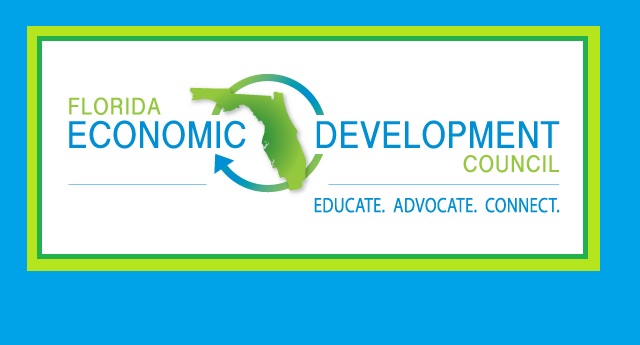Fraud in the Florida Department of Economic Opportunity
According to Jesse Panuccio, Executive Director of the Florida Department of Economic Opportunity (DEO), “A core principle of the state’s economic development incentive program is that businesses are paid based on verified performance, meaning no tax dollars are paid until job creation or capital investment numbers are audited and confirmed to protect taxpayer investment.”
Since 2011 Department of Economic Opportunity has awarded $269,114,050 in incentives. In 2011 Florida businesses were paid $32,901,728 and created 2,292 confirmed jobs. That is at a cost of $14,355 per job created. According to the U.S. Department of Labor, Bureau of Labor Statistics, Florida employs 7,453,230 people, with a mean hourly wage of $19.78 and an annual wage of$41,140. For the cost (taxation) of three incentives one average wage job could have been created by Florida businesses.
But are incentives paid based upon verified performance? Is using Florida’s tax payer dollars to create jobs a role for government?
Director Panuccio is working to stem the bleeding in a lawsuit involving John Textor the former CEO of Digital Domain. Senator Christopher L. (Chris) Smith (D-FL District 31) is asking questions about the role played by the department and the Economic Development Council in funding Textor and Digital Domain. But is Senator Smith asking the right questions?
Senator Smith wrote to Governor Rick Scott about Digital Domain. Director Panuccio, replying to Senator Smith on behalf of the Governor, wrote:
As for the specific concerns in your letter, first, please allow me to address the forthcoming lawsuit against those associated with the Digital Domain Media Group. In 2009, the Office of Tourism, Trade, & Economic Development (“OTTED”) – predecessor agency to the Department of Economic Opportunity (“DEO”) – distributed tens of millions of taxpayer funds to Digital Domain. As noted in the 2013 Inspector General Report (Report Number 2013-11), the usual state regulatory processes governing the award of such funds were circumvented. In 2012, Digital Domain filed bankruptcy and laid off all of its employees – thereby breaching the grant fund agreement. DEO has filed a notice of claim against Digital Domain in the bankruptcy proceeding. DEO has also hired outside counsel to identify any and all legal action available against the principals of Digital Domain and any other individuals or entities involved in wrongdoing related to this deal. DEO is committed to recouping all monies owed to the state, including approximately $20 million in incentive funding.
Panuccio concludes with, “In short, Florida’s economic development system is working better today than at anytime in the past – an opinion shared by economic-development professionals across the state and nation. We follow the law, we protect taxpayer money, and we get results. Florida’s economy has turned around thanks to Governor Scott’s leadership. We appreciate your support of our efforts. ”
What is missing from this entire conversation between Senator Smith and Director Panuccio: Is there a role for government in economic development and if so, what is it?
Many believe government has no role in funding, via incentive programs, business. These “incentive programs” are described as “crony capitalism” and “corporate welfare” by Main street Americans. In April U.S. Senator Mike Lee (R-Utah) gave a thoughtful speech (watch the below video) warning of “America’s crisis of crony capitalism, corporate welfare, and political privilege.” The victims are every day folks, “the poor and middle class” excluded by government “from earning their success on a level playing field.” Senator Lee noted, ““Big government isn’t just inefficient, it’s fundamentally unfair.”
Mark Shousen, writes, “In his classic work, The Spirit of the Laws (1748), Montesquieu expressed the novel view that the business of moneymaking serves as a countervailing bridle against the violent passions of war and abusive political power. ‘Commerce cures destructive prejudices,’ he declared. ‘It polishes and softens barbarous mores . . . . The natural effect of commerce is to lead to peace.’ Commerce improves society: ‘The spirit of commerce brings with it the spirit of frugality, of economy, of moderation, of work, of wisdom, of tranquility, of order, and of regularity.’”
Government does just the opposite. Digital Domain is a prime example of the Florida Department of Economic Opportunity creating “destructive prejudices.”
Perhaps it is time to rethink the need for this Florida Department? For you see the only thing that creates a job is profit. Government does not create wealth, it takes it and redistributes it. Corporations are at their best when they cater to their customers, and at their worst when they lie in bed with government. Can you say corporate prostituting themselves to government?
Adam Smith wrote, “Every man, as long as he does not violate the laws of justice, is left perfectly free to pursue his own interest his own way, and to bring both his industry and capital into competition with those of any other man, or order of men.”

